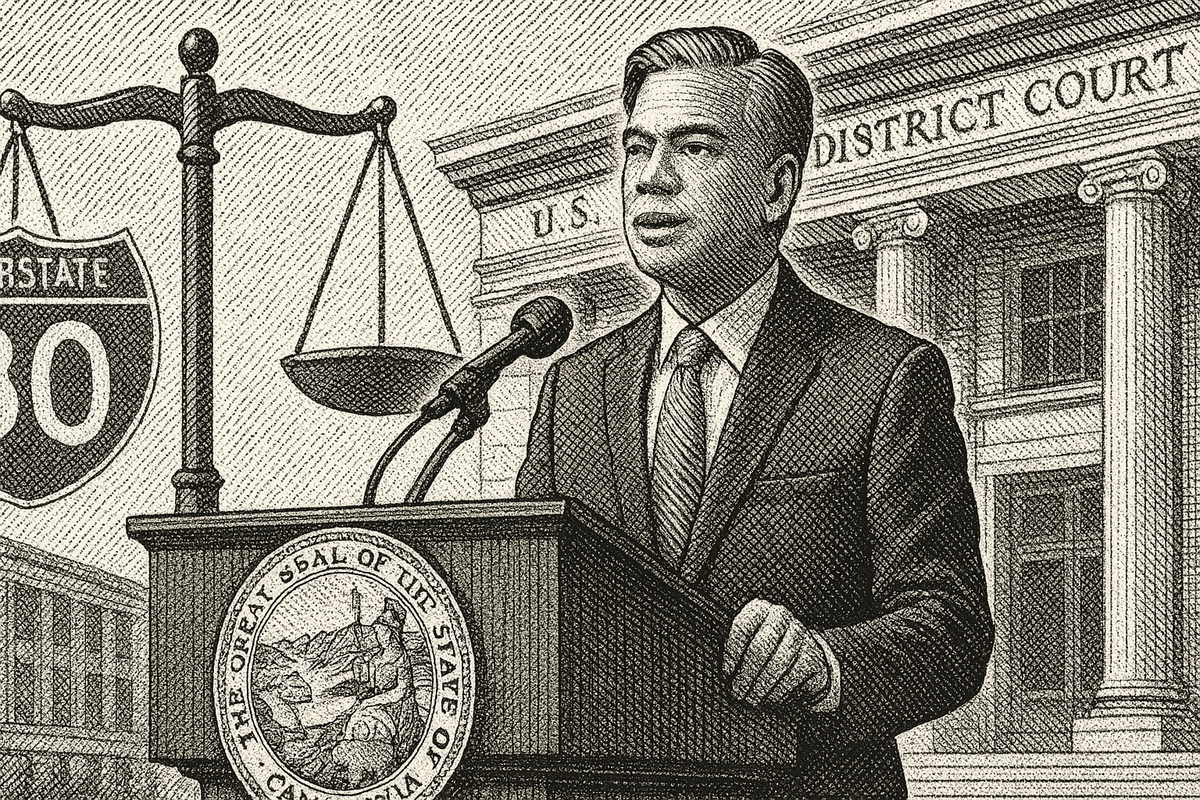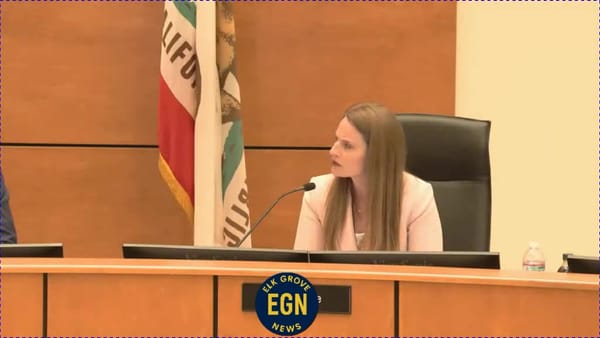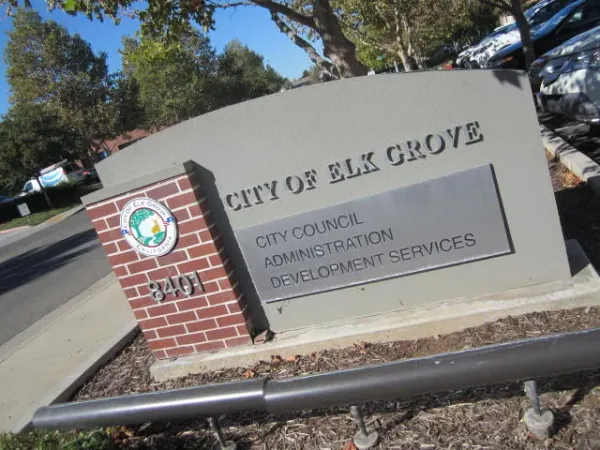Judge Blocks Trump Immigration Rider on Transportation Grants; Bonta Hails 'Important Constitutional Victory'
California Attorney General Rob Bonta, who spearheaded the 20-state coalition that sued last month, welcomed the decision.

California Attorney General Rob Bonta, who spearheaded the 20-state coalition that sued last month, welcomed the decision.


During the board discussion, Trustee Heidi Moore criticized the proclamation and the district’s broader approach to gender identity policies

No mention was made of the city's violation of state fair housing laws

For Elk Grove and now Huntington Beach, the message from Sacramento — and now Washington — appears clear

Meetings and events